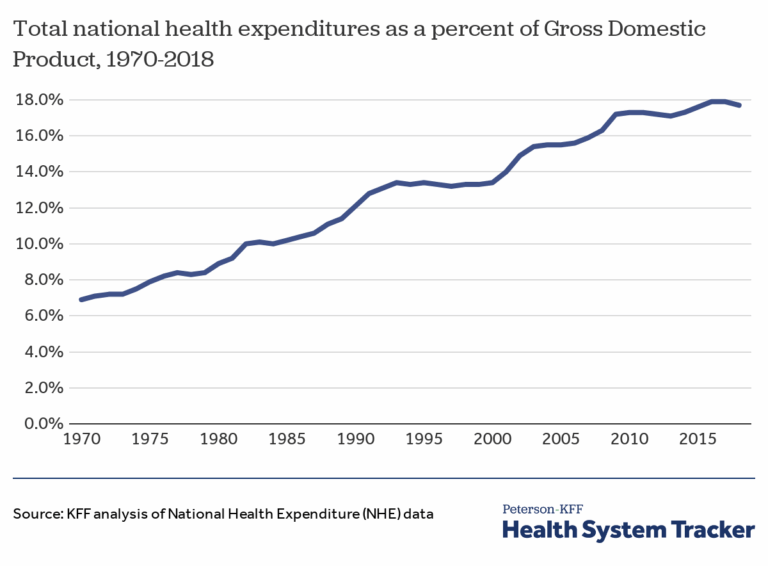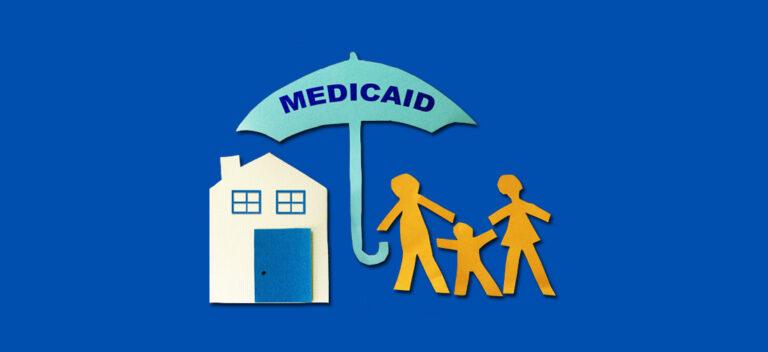Alzheimer’s and Brain Health Month
Alzheimer’s and other brain health diseases are extremely devastating public health concerns. One reason they’re so concerning is that the only thing placing all of us at risk for developing dementia, loss of memory, loss of judgment, and other cognitive problems is having a brain. All jokes aside, that makes 100 percent of the population at risk of developing a brain disease or having a family member with one.
“Alzheimer’s disease is the only leading cause of death that cannot be prevented, cured, or even slowed,” according to the Alzheimer’s Association. But just because there’s no cure for dementia and no way to guarantee a healthy mind all through your life and golden years, it doesn’t mean there’s no hope. To have hope, someone has to shed attention on neurodegenerative illnesses. That’s why the Alzheimer’s Association designated June as Alzheimer’s and Brain Awareness Month.
Starting on June 1st, people around the world are encouraged to wear purple and share Alzheimer’s and brain-health stories with friends and colleagues. The Association has an additional goal: by raising funds for brain health research, perhaps one day there will be a cure for the roughly 50 million people around the world living with a catastrophic brain health disorder.
Brain Health Disorders
When we talk about brain health and the neurodegenerative diseases that become more common as we age, here are some of the terms to know:
- Dementia – A non-specific group of symptoms that interferes with daily functioning. Dementia can cause loss of memory and loss of judgment, plus many other cognitive problems. Alzheimer’s disease and vascular dementia are two of the types of dementia.
- Aphasia – This is a language disorder that impairs the ability to speak and communicate. Some people with aphasia have problems understanding written language as well.
- Agnosia – This rare disorder affects the ability to recognize objects or people — even those who you know.
- Apraxia – A type of brain disease or brain damage, apraxia is a condition that causes difficulty conducting ordinary movements and skills that you’re perfectly familiar with. It also affects speech, making it difficult to move the tongue, lips and jaw.
- Mild Cognitive Impairment – The stage between normal thinking skills and dementia
Alzheimer’s Disease
Alzheimer’s is a type of dementia affecting over 7 million people in the U.S. (and many more families and friends of these individuals). Since so many people around the world are affected by Alzheimer’s disease, we thought we’d dedicate a solo section to this devastating disorder.
What is Alzheimer’s Disease?
Alzheimer’s disease is the most common cause of dementia. It affects all types of cognition and is responsible for loss of memory and even loss of judgment. Alzheimer’s patients can lose the ability to make sound decisions about their behavior and even their personal hygiene. The progressive disease is so damaging that patients often need some level of professional caregiving.
Alzheimer’s is a progressive disease that worsens over time. Most patients’ symptoms progress to the point they need help with daily tasks, like getting dressed in the morning and communicating their needs. Other patients stop recognizing friends and loved ones. The average lifespan for Alzheimer’s patients is 4 to 8 years after diagnosis, though it can be more.
How Dementia Works — A Brief Overview
There are billions of nerve cells in the brain. In healthy individuals, neurons are arranged in groups and transmit signals to one another. These groupings are involved in tasks like thinking, learning, and memory. Other cell networks assist with hearing, smelling, and seeing.
To operate smoothly, cell clusters in the brain require energy and must also dispose of waste. Researchers believe that Alzheimer’s causes a breakdown in neurons’ ability to do their job. Neurons die off as dementia progresses. The changes it causes in the brain are irreversible.
Scientists still don’t know exactly what causes Alzheimer’s disease. Traditionally, the most effective way for researchers to study structures in the brain affected by the disease was through autopsy studies. Now, doctors and researchers have additional methods such as PET scans to study the brain and dementia.
Loss of Memory vs. Dementia
For anyone “of a certain age,” any type of memory blip can cause concern. The truth is, some memory loss or slowing is a completely normal part of aging. Oftentimes, experiencing a “senior moment” might just mean forgetting that you made plans with a friend, or you walk into a room but can’t recall why.
The following is a partial list of dementia symptoms. Dementia is not a normal part of aging. So unlike misplacing your keys once or temporarily forgetting a lunch date, if any of the following happen to you or a loved one, then it’s time to see a neurologist for cognitive testing.
- Personality changes and significant mood swings
- Losing your way in familiar environments
- Forgetting to pay bills and handling finances poorly
- Repeatedly asking the same question
- Taking longer to complete ordinary tasks
- Worsening or loss of judgment
- Losing belongings and misplacing ordinary items like keys and phone
Here’s one of the biggest problems with dementia, and specifically Alzheimer’s: patients are usually the last ones to know they have the disease. So it’s up to family and friends to seek help if they notice a loved one displaying any of the behaviors mentioned above.
Brain Health Quiz
AARP, the organization dedicated to advocating for Americans over the age of 50, published a mental wellness questionnaire on their website. This quiz is particularly good because the authors provide explanations for why some behaviors point to ordinary behaviors associated with aging and those that are indicative of a brain health disorder. The AARP quiz, titled “Is It Normal Memory Loss or Early Dementia?”, covers topics such as if it’s a sign of early dementia or a normal memory lapse if you start finding ordinary items in strange places, don’t recognize the person in the mirror, or miss a turn while driving to a grandchild’s weekly soccer game.
AARP writes that, according to the Alzheimer’s Association, “This kind of behavior might sound humorous, but it’s more troubling than occasionally losing track of your wallet, phone, or keys. Misplacing things and being unable to retrace steps to find them is a sign of Alzheimer’s and dementia.”
And the following question asks if it’s normal or a sign of early dementia if you find it harder to use your smartphone or whether apps you use a lot suddenly don’t seem to work. We guessed that’s normal aging, but that’s incorrect. “Increasing difficulty in navigating a digital device or an appliance could signal an erosion of executive function,” according to AARP.
Check Out Decoding Health Insurance
If you or a loved one develops any type of cognitive disorder, the patient will need to see specialists. That’s why it’s so important to learn everything you can about health insurance: how to get it and what kind of benefits to look for. Check out Decoding Health Insurance and the Alternatives: Options, Issues, and Tips for Saving Money to find out everything you need to know about health insurance plans and what they do and don’t cover. Attempting to navigate America’s health care and insurance system for a loved one who has a neurodegenerative disease can be quite a challenge!






